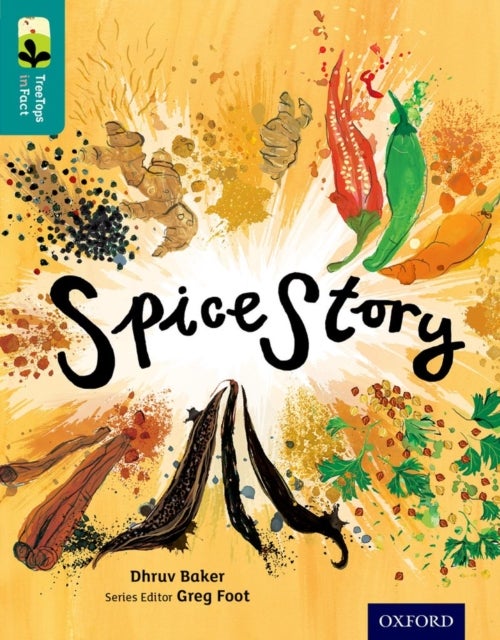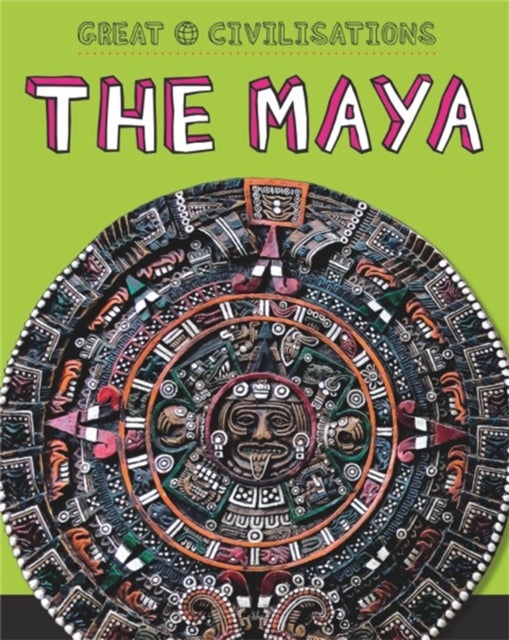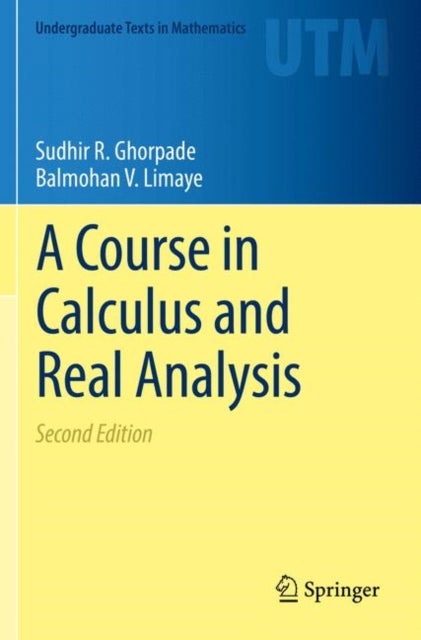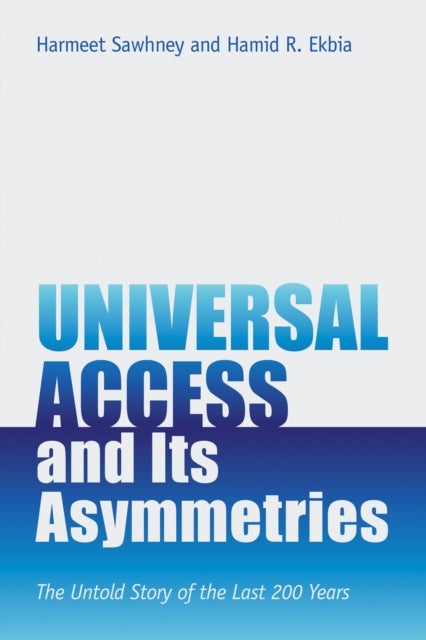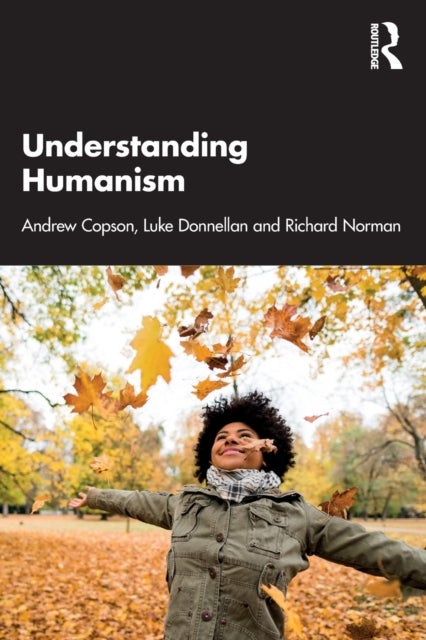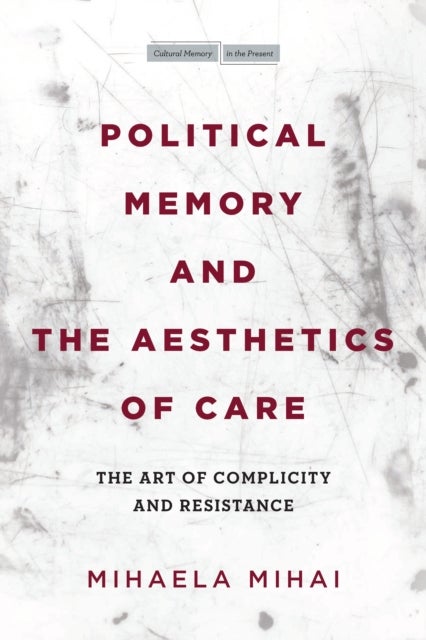
Political Memory and the Aesthetics of Care av Mihaela Mihai
1419,-
<p>With this nuanced and interdisciplinary work, political theorist Mihaela Mihai tackles several interrelated questions: How do societies remember histories of systemic violence? Who is excluded from such histories'' cast of characters? And what are the political costs of selective remembering in the present? </p><p>Building on insights from political theory, social epistemology, and feminist and critical race theory, Mihai argues that a double erasure often structures hegemonic narratives of complex violence: of widespread, heterogeneous complicity and of "impure" resistances, not easily subsumed to exceptionalist heroic models. In dialogue with care ethicists and philosophers of art, she then suggests that such narrative reductionism can be disrupted aesthetically through practices of "mnemonic care," that is, through the hermeneutical labor that critical artists deliver¿thematically and formally¿within communities'' space of meaning. Empirically, the book examines both consecrated

